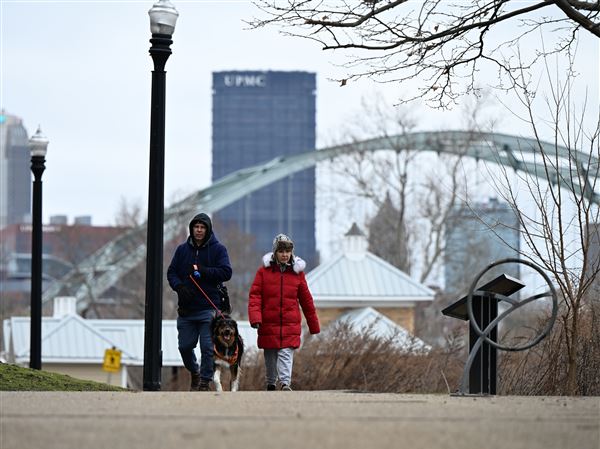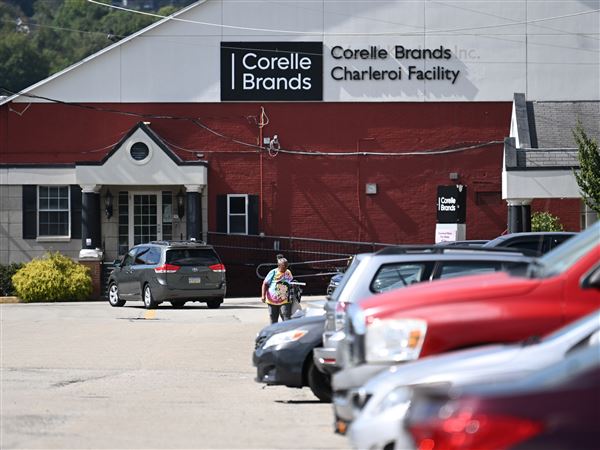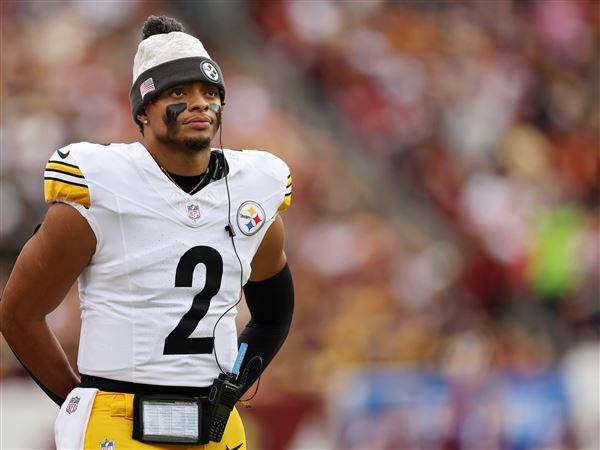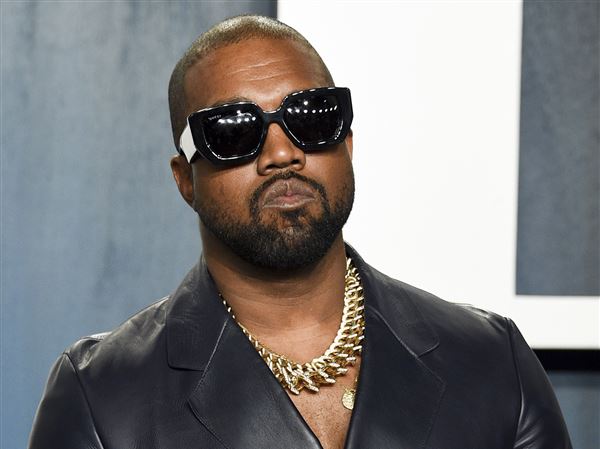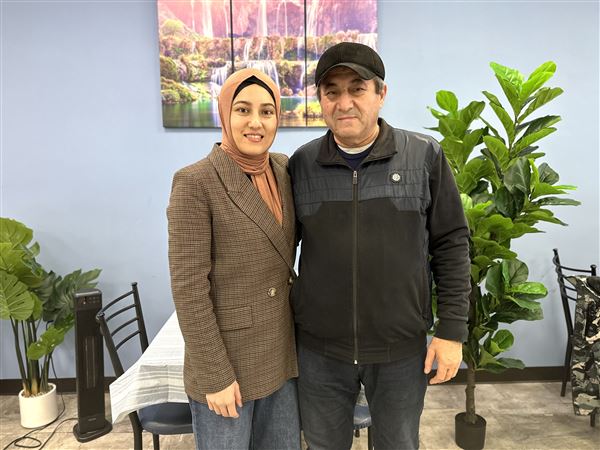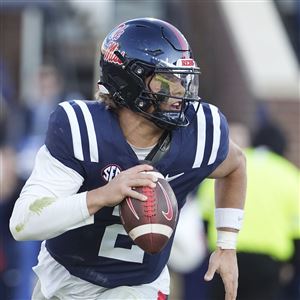His name is Charlie. Last name, Wilson.
In the 1980s, he was the lead singer of a funky trio of hit-making brothers from Oklahoma, known as The Gap Band. With his infectious vocals and the stellar musicianship of his brothers, Ronnie and Robert, the group turned songs such as "Early in the Morning," "Burn Rubber" and "Oops Upside Your Head" into party anthems.
While the music never stopped, the hits did. Charlie Wilson spiraled into a life of drugs and alcohol and eventually, homelessness -- a tale not unheard of for an entertainer, but shocking to fans when it was chronicled in USA Today last January.
By that time, however, the 57-year-old singer had made an arduous decade-long climb back to the top of the charts and was basking in the glow of two Grammy nominations. His 2004 comeback hit, "Charlie Last Name Wilson" and this year's Grammy-nominated single, "There Goes My Baby" from the Grammy-nominated CD, "Uncle Charlie," have introduced him to a new generation of fans who grew up on hip-hop and probably have heard more Gap Band samples than original songs.
Where: Benedum Center
When: 8 p.m. Friday
Tickets: $48-$68; 412-456-6666
To them and the hip-hop entertainers who idolize him, he's known as "Uncle Charlie," a moniker bestowed upon him by one of his musical "nephews," Snoop Dogg.
Friday, in what's called the Classic Soul Music Festival, hip-hop's favorite uncle, brings his Vegas-style show with Gap Band and solo hits to the Benedum Center along with '70s and '80s funksters Con Funk Shun and Pittsburgh's own Artistree. The evening is being hosted by up-and-coming comedian Cool-Aide.
"We've taken R&B to a different level," said Mr. Wilson in a phone interview from Atlanta.
His show includes dancers, lots of lights, costume changes etc. "I've lifted the bar, I'm sorry. You can't just stand there. Let me just put it to you this way. I'm an entertainer and it's different than just standing there and singing. The stage is large and you can't just stand there on this large stage. A lot of people do, but that's not entertaining. We're bringing entertainment back into the game."
What he's also bringing back is that original Charlie Wilson sound, which in the late '80s and early '90s could be heard from vocal sound-alikes such as Aaron Hall of the New Jack Swing group, Guy.
"My style of singing never went out of style," Mr. Wilson said. "Reason is I was such an inspiration to a lot of younger singers coming up. I had to come back on the scene and prove to everybody who told me 'no' that I could do this again. I can still sing. That's the reason why I'm still here."
But it wasn't that easy. Even with his vocal prowess, past Gap Band hits and guest turns singing hooks on hit songs such as "Computer Love," Mr. Wilson withstood years of having doors shut in his face, even though he was clean and sober. The singer credits his wife, Mahin, with helping him get off drugs and alcohol and get his musical life in order. Still, it was a struggle and he got used to hearing lines such as, "No disrespect, man, I grew up on you, but you're kind of washed up right now, homie."
That was until the 2004 single "Charlie Last Name Wilson" written and produced by R. Kelly. Then folks came a calling, he said. By that time, he had signed with Jive Records.
Now, in addition to record labels, Mr. Wilson has writers beating down his door wanting to help him write his story of musical and spiritual redemption.
"There's so much more to this story that will make people just drop their jaw and say 'Oh, my you've got to be kidding me.' Many writers want to do the story, we're just trying to pick the right one," he said.
As if his story wasn't already compelling, Mr. Wilson is in remission from prostate cancer and is now a spokesman for the Prostate Cancer Foundation. He designed a line of fedoras, which he sells online and at concerts with a portion of the proceeds going to the foundation.
He said the lesson people should take from his life story is to never give up on your dreams.
"I don't care what you look like, I don't care how old you are. I don't care what you sound like. People told me that it will never, ever happen.
"We all fall down but we get up," he said, quoting the popular gospel song by Donnie McClurkin. "You can trust and believe in someone greater than yourself and you can win that way."
First Published: May 12, 2010, 8:00 a.m.
